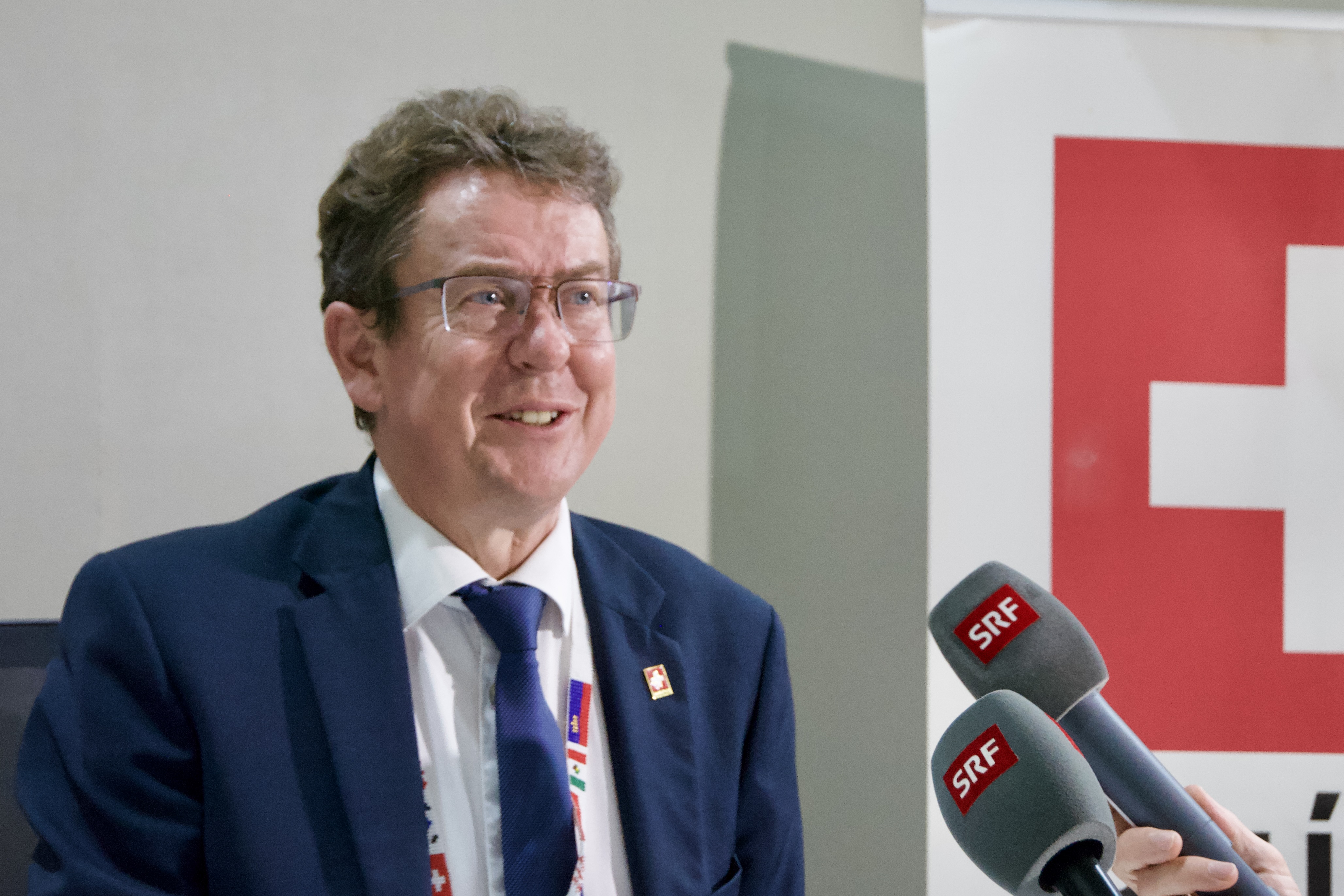
Taiwan’s young democracy has Swiss genes
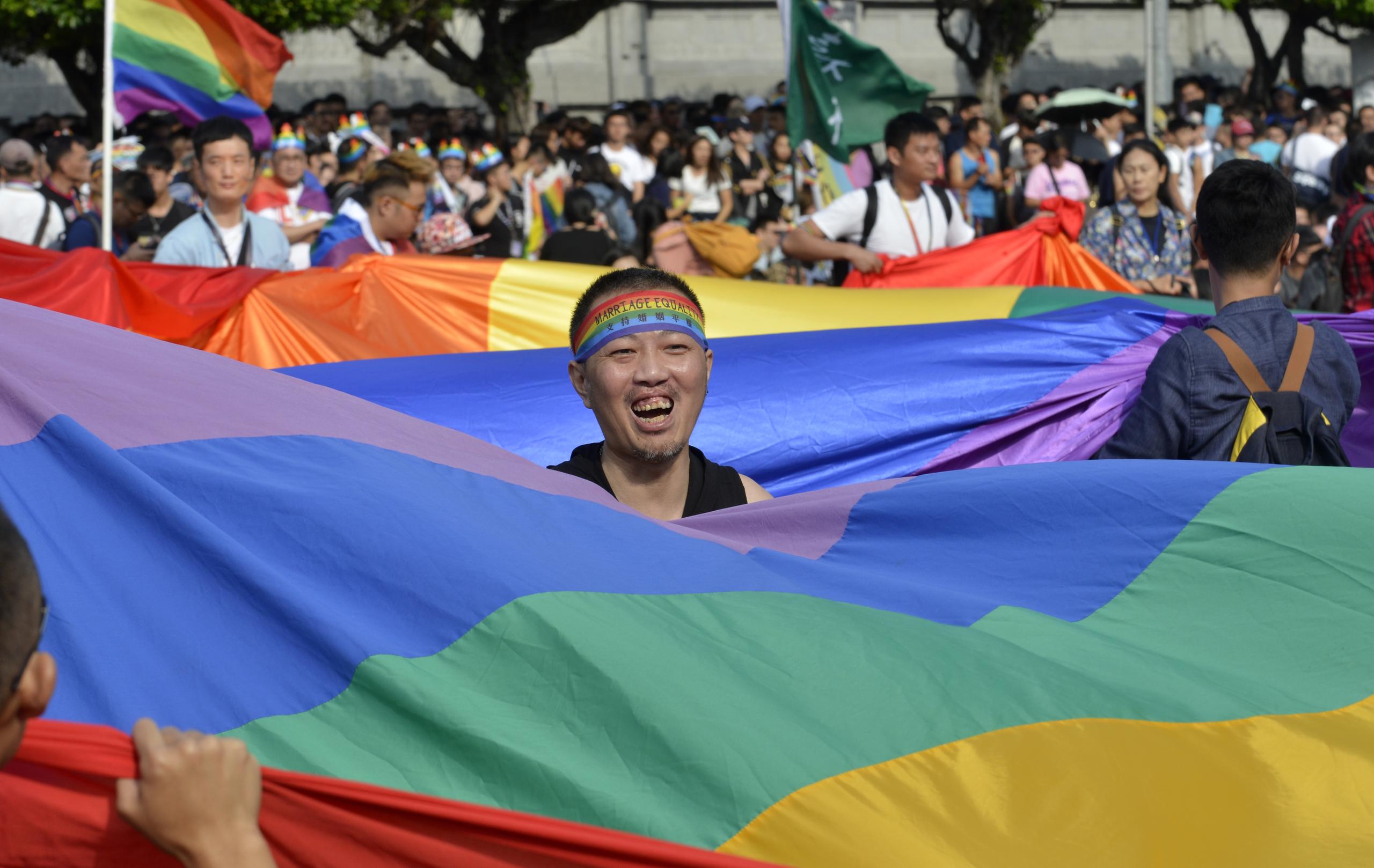
On Saturday, Taiwan will experience a first: Voters on this Asian island face more than ten national referendums. This is the story of a direct-democracy bridge that straddles half the world, from Switzerland to Asia.
The last metres are always the hardest. Legs heavy as lead, lungs struggling for air. But in the end, Yu Mei-nu, a member of the Taiwanese parliament, gets right to the top of the peak. “It’s almost like home,” she says, exhausted but happy.
On a beautiful autumn day, Mei-Nu Yu is standing on the Rigi, a mountain in central Switzerland also known as the “Queen of the Mountains.” “We have mountains like this at home, where you can almost see the whole country,” she says enthusiastically.
Live from the television studio
This Taiwanese expedition to conquer the peak of the Rigi took place on the afternoon of the September 23 referendum in Switzerland. Before that, the Taiwanese delegation of politicians, officials, researchers and journalists had visited a polling station at the Zurich railway station. Then they had followed the vote counting.
Afterwards, they were guests at Swiss public television’s referendum studio in Zurich. They could experience first-hand how political experts analysed and commented on the polling results.

“We can learn a lot from Switzerland”
In the three preceding days, the study group had learned a lot about the processes and practices of modern democracy in Switzerland. They had visited the parliament in Bern. In Lucerne, members of the study group had the opportunity to speak to activists who were campaigning for and against initiatives and proposals on a local, cantonal and federal level.
“This all made a great impression,” says Jen-Jey Chen, editor-in-chief of the Taiwanese news agency CNA. “As a young and dynamic democracy, we can learn a lot from experienced Switzerland. Above all, perhaps, that even as the loser in a referendum you can be quite content.”
Swiss support for Asian citizens’ rights
The field trip from Taiwan was organized and co-funded by the Swiss Foreign Office. “Promoting democracy is part of our constitutional mandate,” says Rolf Frei, Switzerland’s representative in the Taiwanese capital Taipei. He accompanied the delegation. “Citizens’ rights are more developed in Taiwan than anywhere else in Asia,” he says.
Switzerland has played a role in this development. Since 2003, when the Taiwanese parliament passed the first referendum law, a lively exchange has taken place between Switzerland and Taiwan.
The transfer of Swiss expertise in democracy was a major contributing factor in lowering the high hurdles in the original law. From this year, 280,000 voters can launch a people’s initiative or a referendum. That is 1.5 percent of Taiwan’s 19 million voters.
In comparison, in Switzerland, 100,000 signatures are necessary for a people’s initiative. That is almost 2% of the electorate.
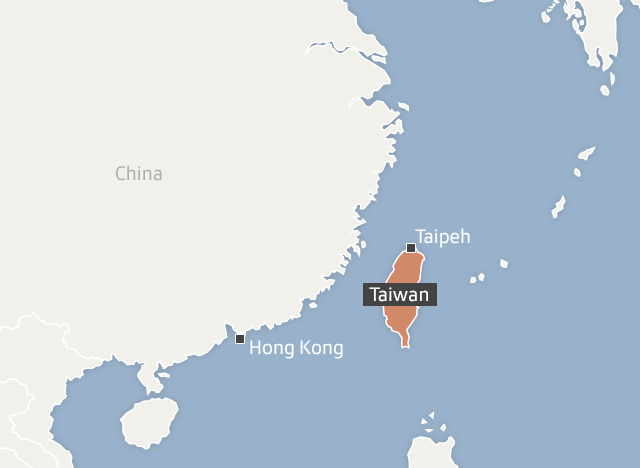
From zero to ten
The Taiwanese didn’t have to be asked twice: in the last few months, no fewer than ten committees have succeeded in submitting valid legislative initiatives and referendums.
On November 24, voters will be able to cast ballots on same-sex marriage, nuclear energy and food safety. In addition to that, they will be able to vote on the name of the Taiwanese delegation at the Olympic Games.
A few days ago, Yu Mei-Nu invited people to a public hearing in the parliament in Taipei to compare direct democracy in Taiwan and Switzerland. Members of the study group reported back on their impressions about Switzerland, while the representatives of Taiwanese initiative committees recounted their impressions from their campaigns.
Some findings from the direct-democracy exchanges of experience: In Taiwan, politics and democracy happen less at the kitchen table, but more on the street, in the workplace, in the bus or in a taxi. Voting takes place on just one day, in person at the polling station. Voting by post is not possible.
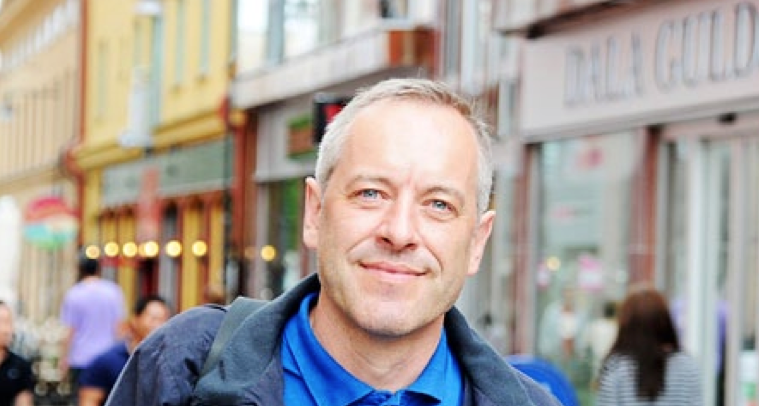
When counting the ballots, every voting slip is lifted up high before it is registered. This process allows the observers from diverse groups to monitor counting directly.
Learning to be more relaxed, like the Swiss?
The ongoing referendum campaign battle is much more intensive than in Switzerland. The proposals are debated and disputed everywhere. “We could certainly learn to be a bit more relaxed, like the Swiss,” says Da-Chi Liao of the non-governmental organization Taiwan Open Democracy Observatory Association, who also took part in the field trip to Switzerland. “But that will take time, and a lot more referendum days.”
For the coming year, another step is planned to deepen bilateral dialogue about the opportunities and limits of direct democracy. An exhibition developed by the Swiss Foreign Office, “Modern Direct Democracy,” will tour Taiwan.
And in autumn 2019, the “Global Forum on Modern Direct Democracy,” organized by numerous Swiss organizations, will take place in Taichung, Taiwan’s second-biggest city – the first time it will be held in Asia since the 2009 conference in Seoul.
With one of the most advanced legal frameworks for direct democracy in the world, the Taiwanese are setting an example in a region that has recently been more associated with the return of authoritarian regimes. And this counter-development has only just begun.
Taiwan’s democracy is still relatively young. In 1949, the Kuomintang (Chinese nationalists) fled to the island after the civil war in China. The military dictatorship they introduced was abolished in 1987 with the removal of the one-party policy.
The first free elections took place in 1996, and in 2000, the first democratic transfer of power occurred. This all happened in a country where people of Japanese and Chinese origin live alongside 16 indigenous groups.
Despite this development, pressure from the earlier winners of the Chinese civil war, the Communist Party, weighs heavily. The Chinese government in Beijing, which replaced Taiwan as the official representative of China in the United Nations in 1971, describes the island state as a “renegade province” which could be subjugated to the mainland by force if necessary.
The international community, including Switzerland, follows this “One China Policy” to this day.
The Chinese government views Taiwan’s speedy democratisation with displeasure, and in the ongoing referendum campaigns the Taiwanese authorities had to take repeated steps against fake Chinese social media accounts.
At the same time, Taipei sees its top global ratings in democracy league tables as a kind of international defence against China’s claims.
And what about Taiwan and Switzerland? The world’s 22nd-biggest and 20th-biggest economies respectively have quite a lot in common besides. Taiwan is Switzerland’s seventh-biggest export market in Asia, and Swiss companies employ about 18,000 in the country.
Translated from German by Catherine Hickley

In compliance with the JTI standards
More: SWI swissinfo.ch certified by the Journalism Trust Initiative
























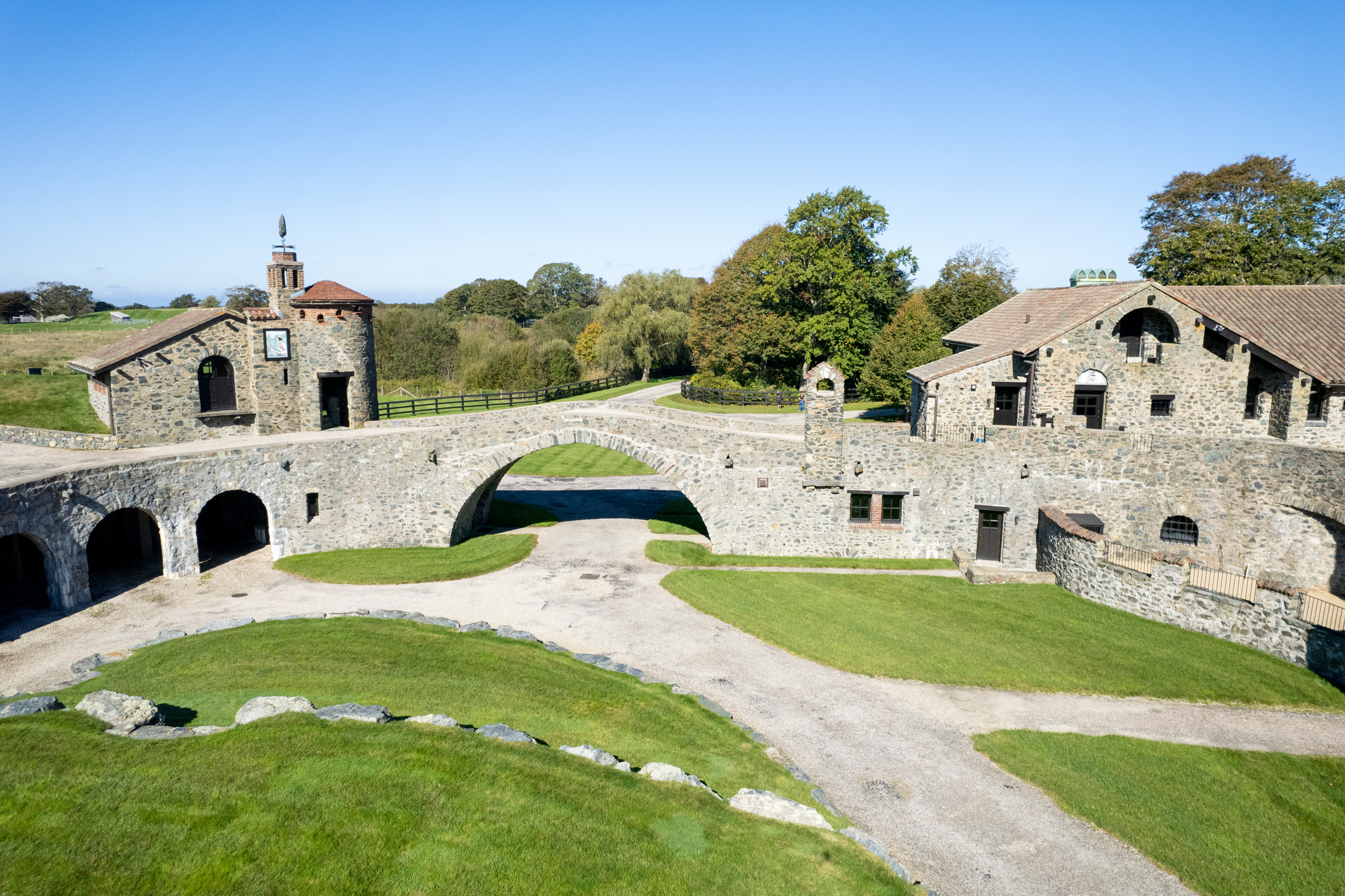


You can find an overview of ongoing debates with our journalists here . Please join us!
If you want to start a conversation about a topic raised in this article or want to report factual errors, email us at english@swissinfo.ch.